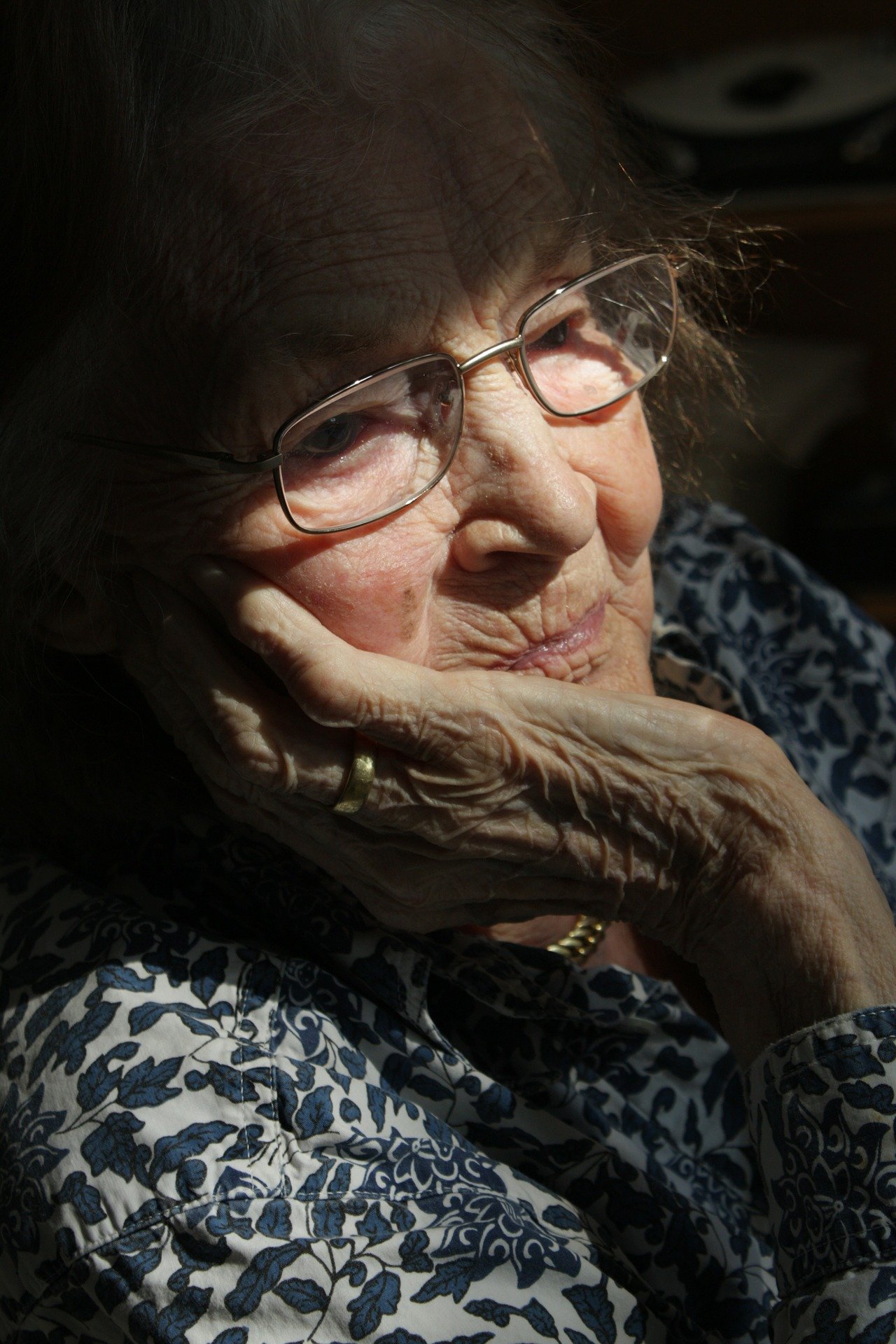3 FAQs About Nursing Home Femur and Hip Fracture Claims

Falls are the leading cause of injury among senior citizens. While such injuries can range in severity, many of them have the potential to cause life-threatening complications.
For example, more than one-third of nursing home residents who end up fracturing a hip die within six months. And many of those who are fortunate enough to survive will be rendered permanently disabled.
If your elderly loved one sustained a hip and/or femur fracture while living at a nursing home, your family may have grounds for a claim against the facility. To recover damages, it must be shown that the injury was caused by the negligence or intentional wrongdoing of another party.
If you’re wondering how to get started, here are the answers to some of the most frequently asked questions about such claims:
-
How Can I Build a Strong Nursing Home Abuse Claim from Day One?
Should your relative fall while under the care of nursing home staff, the steps you take in the immediate aftermath could have a major impact on the outcome of your claim. To protect your case, be sure to:
- Arrange for prompt medical care to protect your loved one’s health and mitigate the potential damages;
- Photograph any visible bruises, lacerations, or open wounds;
- Preserve all diagnostic images, emergency department forms, and other medical records; and
- Call a nursing home abuse lawyer.
-
Are Nursing Homes Automatically Liable for Falls That Occur on the Premises?
Because elderly individuals are prone to slipping, tripping, and falling, long-term care facilities aren’t necessarily responsible for any and all injuries that occur on the premises; however, they do owe a duty of care to each and every resident. For example, administrators and staff must take reasonable measures to prevent falls by installing handrails, providing mobility aids when necessary, and addressing slip and trip hazards within a reasonable timeframe.
Should the nursing home fail to do any of the above, they could be deemed liable for any injuries or deaths that result. In other words, you will have to prove the accident would not have occurred but for the negligence or intentional wrongdoing of the defendant or one of its employees.
-
What Kinds of Damages Might My Family Be Able to Pursue?
In the state of Florida, damages awarded in nursing home abuse or neglect cases may include:
- Past and future medical bills;
- Pain and suffering;
- Emotional distress;
- Loss of enjoyment in life;
- Other objectively verifiable expenses that arise as a result of treating the injuries; and
- Punitive damages.
Call (727) 821-1500 to Discuss Your Case with a St. Augustine Nursing Home Abuse Attorney
If your loved one was abused or neglected at a long-term care facility, contact Emerson Straw. Our strategic attorneys have recovered more than $27 million in personal injury and wrongful death cases. Call our office at (727) 821-1500 or fill out our Contact Form to schedule a free consultation with a nursing home abuse lawyer in St. Augustine.
